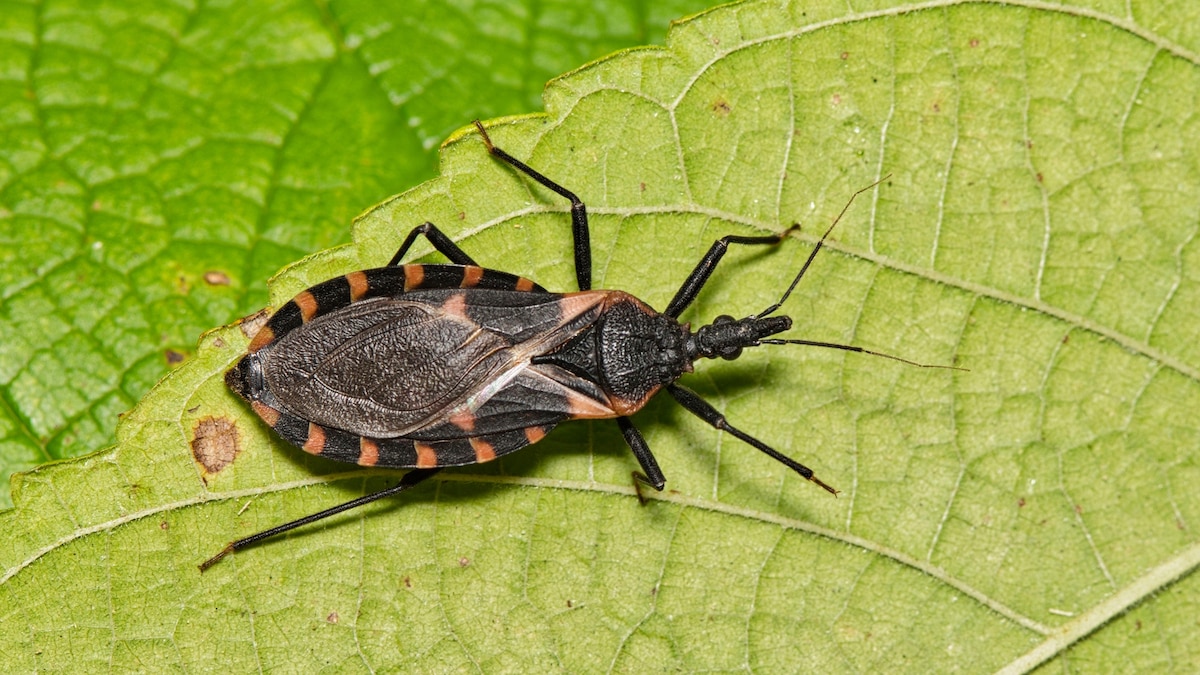Now Reading: Chagas Disease: Deadly ‘Kissing Bug’ Now Endemic in the U.S., Experts Warn
-
01
Chagas Disease: Deadly ‘Kissing Bug’ Now Endemic in the U.S., Experts Warn
Chagas Disease: Deadly ‘Kissing Bug’ Now Endemic in the U.S., Experts Warn

Speedy summary
- Chagas disease, caused by the parasite Trypanosoma cruzi, is spread primarily by “kissing bugs” that bite humans around the mouth and eyes at night.
- The disease has become endemic in 32 U.S. states, previously thought to be confined to Central and South America.
- Symptoms of infection are often mild or absent initially but can eventually lead to chronic heart problems, digestive muscle damage, or fatal outcomes like sudden cardiac death.
- An estimated 280,000 people are infected in the U.S., contributing globally to over 10,000 sudden cardiac deaths annually due to Chagas-related complications.
- Kissing bugs thrive near rodent nests and other animal burrows; they transmit infections through bites or parasitic feces entering wounds/mucous membranes. Additionally, transmission can occur via infected food, blood transfusions, organ transplants, or proximity to wildlife carriers like possums and dogs.
- Preventative measures include decluttering living spaces with firewood stacks and debris that attract triatomine bugs; promoting pest control strategies tailored regionally may help reduce exposure.
Indian Opinion Analysis
The growing prevalence of Chagas disease highlights evolving global health challenges beyond traditional geographical boundaries for vector-borne illnesses. With India’s tropical climate supporting a vast range of insects capable of disease transmission (e.g., malaria-carrying mosquitoes), monitoring similar diseases remains crucial here as well as globally.While kissing bugs are not currently a threat in India specifically based on this report’s scope, cross-border research efforts into vector management could be relevant given increasing international mobility amid climate shifts altering insect habitats worldwide.
India’s robust public health framework may benefit from lessons learned regarding early identification strategies since silent killers like these parasites pose disproportionate risks when initial symptoms go unnoticed-a pertinent reminder for swift diagnostic advancements across endemic threats here locally too.



























